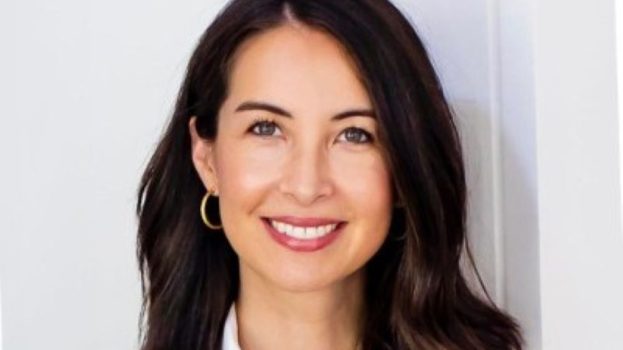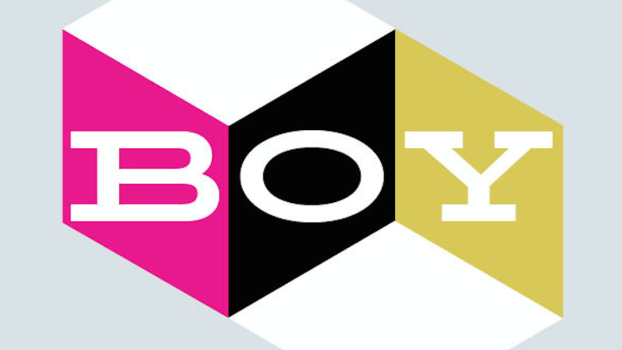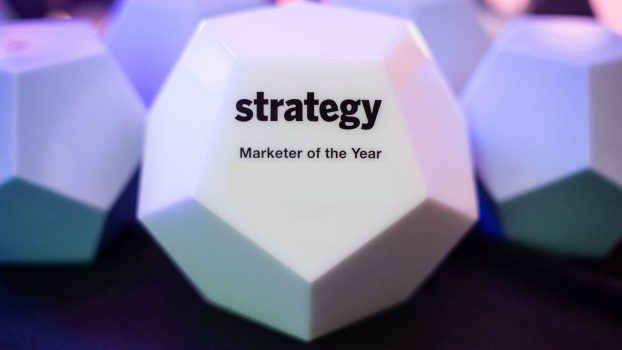From left: Endy co-founders Rajen Ruparell and Mike Gettis.
Endy may be a mattress company, but the last year has been everything but sleepy for its co-founders Mike Gettis and Rajen Ruparell.
Mattress retailer Sleep Country Canada agreed to acquire Endy last November in a deal valued at $88.7 million. The direct-to-consumer startup, which is based in Toronto, has grown into a $50 million business and has been taking a page from the playbook of other DTC brands and expanding into physical retail.
Today, customers can test out the Endy mattress within Urban Barn stores and at the Endy Lodge, its own temporary retail store at the Stackt Market in Toronto. While other brands, such as Sleep Country’s Bloom have added new models and grown their selection, Endy continues to focus on a single mattress. But it has expanded its assortment of sleep-related accessories and expects to announce new additions later this summer.
Strategy caught up with Endy CEO Mike Gettis to discuss how the Canadian business continues to evolve since the acquisition.
How has your business evolved since being acquired by Sleep Country?
Our approach has [always] been to push towards more growth and more revenue, to continue to nurture and attract customers and be a customer-first company. So we’ve continued on that trajectory. One thing that we’re finding is that Sleep Country gives us a lot of knowledge about different traditional marketing channels, like radio, TV and physical retail. But just because we’ve been acquired doesn’t mean we’ve had to change our strategy. The way the acquisition was structured, we’re able to [continue to operate] independently, but in a friendly way.
What have you learned since entering physical retail? And why have you chosen not to use Sleep Country stores as another retail outlet?
We did a small test a while back, and what we realized is that physical retail has been very impactful. We see a lot of comments online. Customers are really excited about being able to visit Endy [at the Stackt Market in Toronto] and Urban Barn stores. They’re lying on the mattress and then going on their phone or online and purchasing there. To be fair, we designed it that way. We don’t have POS set up through the Urban Barn system, and [at our own retail store at Stackt] we have it set up through an iPad. We’re trying to keep things simple. But we also find on the customer experience side that customers are fine with [needing to go online].
A lot of our partnerships were being planned before the acquisition. In terms of going into Sleep Country stores, it’s not out of the question, it’s something we’re discussing. We really like our partnership with Urban Barn. We haven’t really moved forward on [entering Sleep Country outlets], but it’s always open for us to look at.
Stewart Schaefer, Sleep Country’s chief business development officer, recently told strategy he feels the “cachet” around receiving a bed in a box has “begun to dissipate.” What are your thoughts on that?
Stewart was key in spearheading the purchase of Endy. If he’s talking about the category in general, part of it isn’t just about the format of it being online and in a box; it’s about the product as well and people really enjoying the mattress, having a great sleep and being able to have a good experience with our accessories. Whether people like buying in a box, or in a store or at a Sleep Country-type setup, I think it’s about providing an experience that’s the best. I think [Sleep Country] bought us because [Schaefer] really likes our brand. I think he sees potential in particular brands, as opposed to the whole bed-in-a-box industry.
Casper began selling made-in-Canada mattresses last month. Will that impact how you position the Endy brand?
Through our research, we see more and more people aware of [our] brand, and for a lot of them, [we have] a bit of a hometown Canadian brand sort-of-feeling. There are people who speak about brand positioning and the sense that you have to be different from everybody else. But if all your competitors decide to start emulating your brand traits, repositioning your brand to be in a different place doesn’t seem to make sense to me. If anything, I look at imitation as flattery, and that we’re on the right track. Also, core competencies are a really big thing. We’ve been at this for four years, and we’ve been in Canada and manufacturing here the whole time, so we have a good expertise and a good trajectory.
This interview is part of a series for Strategy C-Suite, a weekly briefing on how Canada’s brand leaders are responding to market challenges and acting on new opportunities. Sign-up here to receive the latest stories.
The interview has been edited for length and clarity.

























